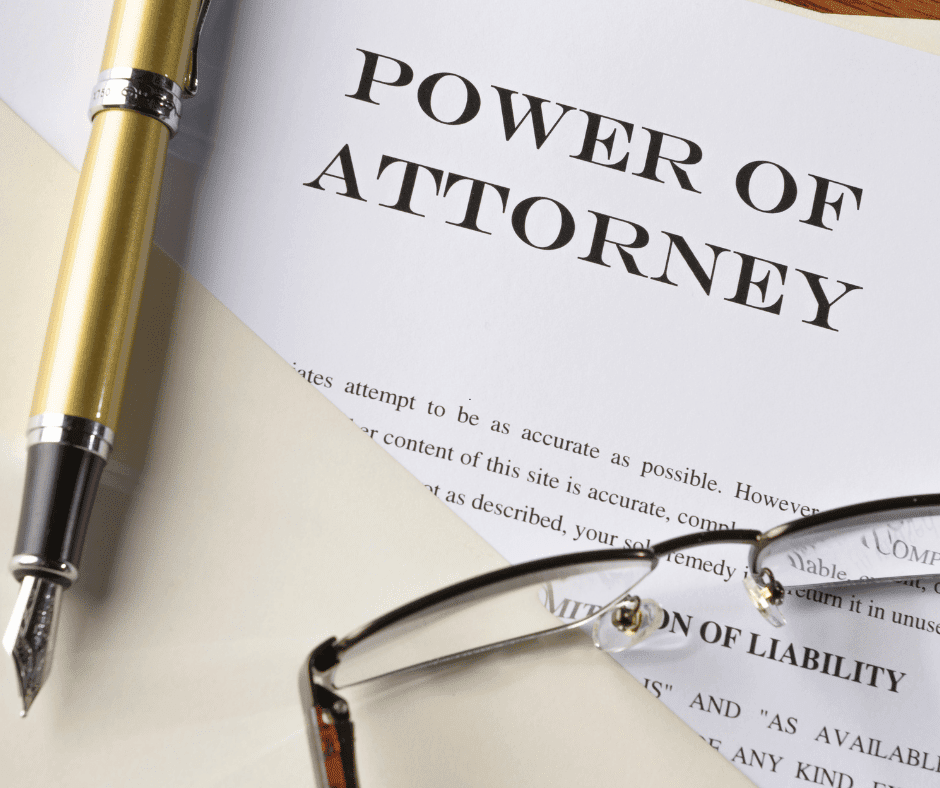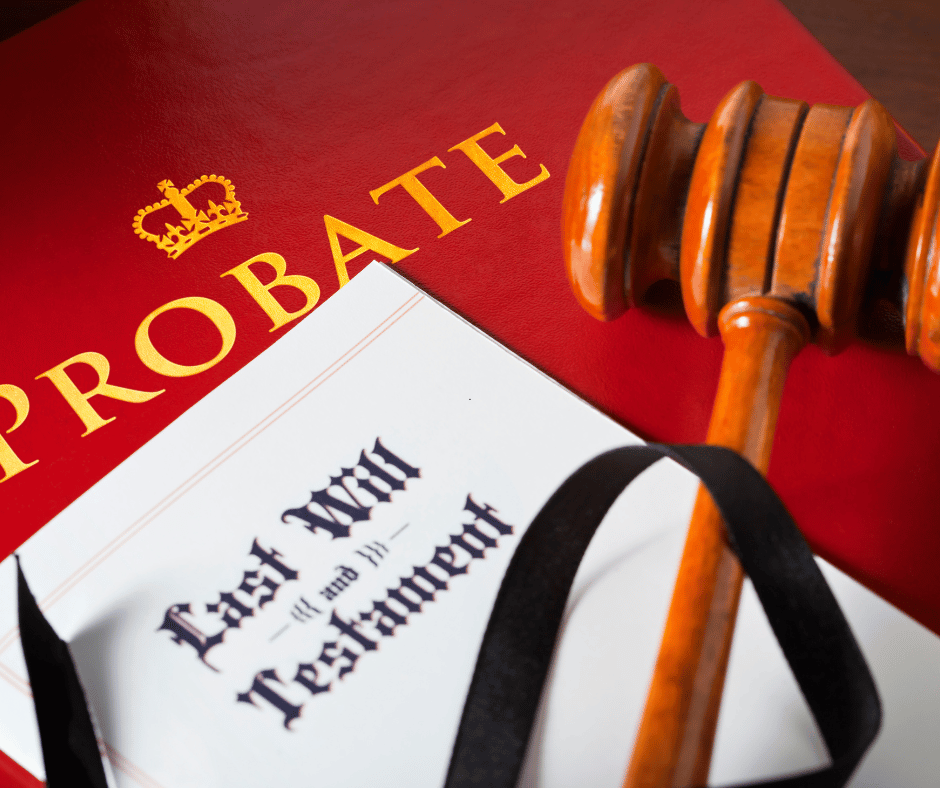After losing a loved one, legal paperwork is often the last thing on your mind. But for many families, it After losing a loved one, legal paperwork is often the last thing on your mind. But for many families, it quickly becomes unavoidable.
Take the example of Claire. When her father passed away, he left behind a clear and valid Will. Still, her bank told her she couldn’t access his accounts without something called Probate. Confused and overwhelmed, she found herself asking the same question thousands of others do: Do I need Probate with a Will?
The answer isn’t always straightforward.
In this guide, we’ll walk you through when Probate is required and when it might not be. Whether you’re an Executor or a family member trying to sort out someone’s affairs, we’ll explain the steps clearly and simply.
At DMA Law, we regularly help families across the North East deal with Probate and Estate Administration. If you’re unsure what to do next, you’re not alone—and we’re here to help.
What you’ll learn in this guide:
- What Probate means and how it works alongside a Will
- Whether a Will can avoid the Probate process
- When Probate is and isn’t needed
- What happens if you don’t apply for Probate
- The role of the Executor and who applies
- How Power of Attorney affects Probate (and what it doesn’t do)
- How to tell if Probate is needed with a simple checklist
- Expert insights and support from DMA Law’s Probate Solicitors
Let’s start by understanding what Probate actually is—and why it still matters even when a Will is in place.
What Is Probate and Why Does It Matter?
Probate is the legal process of proving a Will and giving someone the authority to deal with a person’s estate after death.
If you’re named as the Executor in a Will, Probate allows you to access accounts, sell property, and distribute assets. Without it, banks and other institutions may not recognise your legal right to act.
A Will sets out the deceased’s wishes – but the Grant of Probate is what gives those wishes legal force. You often need both to manage someone’s estate properly.

Does Having a Will Mean You Can Avoid Probate?
No, having a will does not always mean you can avoid probate.
Many people believe that if someone leaves a will, probate isn’t necessary. But that’s not true in many cases. A will helps express a person’s wishes, but it doesn’t automatically give the executor legal authority to act. That’s where probate comes in.
When a Will Does Not Require Probate
You may not need Probate if:
- All assets were held jointly with a spouse or civil partner
- The estate is worth less than £5,000-£10,000
- No property, land or significant investments were owned
- The estate only includes personal belongings and small cash amounts
When a Will Does Require Probate
You’ll usually need Probate if:
- There’s property or land in the deceased’s sole name
- Bank accounts or investments are over £5,000–£10,000
- Assets weren’t jointly owned
- Financial institutions request to see the Grant of Probate
- The estate is subject to Inheritance Tax
Even with a Will, Probate is often essential to manage and distribute an estate lawfully.

Example Scenario: When Probate Is Required
Jane’s Story
Jane passes away, leaving a Will. She owns a house in her name only, valued at £220,000. She also has £15,000 in savings and an ISA worth £7,000. Everything is left to her daughter, who is also the named Executor.
Although Jane had a Will, her daughter still needs to apply for Probate. Why?
- The house is not jointly owned and must be sold or transferred
- The bank may not release the money without a Grant of Probate
This shows how Probate is often needed even when a Will clearly outlines someone’s wishes. No matter what your circumstances, our Probate Solicitors can help.
Example Scenarios: When is Probate not Required
John’s Example:
John dies with a Will, leaving a joint bank account shared with his wife and a personal savings account with just £2,000. In this case, Probate is unlikely to be required. His wife can access the joint account, and the bank may release the small savings with only a death certificate and small estates closure form.
Susan’s Example:
Susan leaves everything to her husband. Their house and savings are in joint names. As a result, no Probate is needed, as all assets pass automatically to him.
If you’re unsure whether Probate is necessary in your situation, it’s always worth speaking to a Probate Solicitor. Rules can vary, especially between financial providers.
Who Applies for Probate If There’s a Will?
If there’s a Will, the person named as the Executor is responsible for applying for Probate. The Executor has the legal duty to carry out the wishes set out in the Will and manage the estate. We have a guide dedicated to who the Executor of your Will should be here.
What Does an Executor Do?
Executors have several key responsibilities:
- Apply for the Grant of Probate
- Collect all the assets of the estate
- Pay any debts, including taxes such as Inheritance Tax (IHT) and Income Tax and Capital Gains Tax reporting for the estate.
- Distribute the estate to beneficiaries named in the Will
- Keep records of all transactions and decisions made during the administration
This can be a demanding role, especially if the estate is large or complicated.

What If the Executor Doesn’t Want to Act?
Not everyone is willing or able to take on the responsibility. If the Executor does not wish to act, they can:
- Renounce their role completely, before doing any Executor duties
- Appoint a solicitor to handle the process on their behalf
- Reserve their power, allowing another named Executor to take over
In some cases, if no Executor is willing to act, someone else (usually a residuary beneficiary) can apply to administer the estate instead.
If you’re named as an Executor and feel overwhelmed, legal advice can help ease the burden. Our Probate Solicitors regularly support Executors with practical, step-by-step Probate services.
How to Tell If Probate Is Needed
Not sure if Probate is required? Use this simple checklist to help decide. While every estate is different, these questions cover the most common triggers.
Probate Checklist:
Ask yourself the following:
- Was the estate worth more than £5,000?
Most estates above this value will need probate, though banks/building societies have their own thresholds. - Are there bank accounts or property held solely in the deceased’s name?
Sole ownership usually requires probate to access or transfer assets if the value of the accounts is over the Probate limit set by the bank/building society. - Did they own investments, shares, or business assets?
These often require Probate, even if the estate seems simple. - Have financial institutions asked for Probate?
If a bank or organisation has requested a Grant of Probate, it’s needed to proceed.
What Happens If You Don’t Apply for Probate When It’s Needed?
If Probate is required and no one applies, the Executor has no legal authority to manage the estate. This means they can’t legally access the deceased’s assets or carry out the wishes in the Will.
Key Consequences of Not Applying for Probate:
- You can’t sell or transfer property
Property held solely in the deceased’s name can’t be sold or passed on without a Grant of Probate. - You can’t close or access bank accounts
Most banks freeze accounts once notified of a death. They will not release funds until Probate is granted. - Delays for beneficiaries
Inheritance cannot be distributed. - Potential legal complications
Unresolved estates may lead to disputes, penalties from HMRC, or legal challenges from beneficiaries.
If you’re unsure whether Probate is needed or if you need a Probate Solicitor, it’s important to get help. Our team can guide you through the process and prevent unnecessary setbacks.

Does Having Power of Attorney Help Avoid Probate?
Many families assume that having Power of Attorney (POA) means Probate won’t be needed. Unfortunately, this is a common misunderstanding.
Power of Attorney Ends When a Person Dies
If you held POA for a loved one during their lifetime, that authority ended the moment they passed away. It cannot be used to manage their estate after death.
Probate and Wills FAQ’s
Below are some of the most commonly questions we get asked when it comes to probates and wills. Have a question that isn’t below? Contact us and a member of our probates, wills and trusts team will help.
Can I sell a house without probate if there’s a will?
No, if the house was solely owned by the deceased, Probate is required. The Executor must obtain a Grant of Probate to sell or transfer the property. If the property was jointly owned, it may pass automatically to the surviving owner, depending on their selected ownership.
Do all wills have to go through probate?
No. A Will only needs Probate if the estate includes assets that require it – such as property or high-value bank accounts. If everything was jointly owned or the estate is very small, Probate may not be necessary.
What happens if there’s more than one executor?
All named Executors can apply for Probate together. If one doesn’t want to act, they can choose to renounce their role or reserve power. Only those who take up the role will have legal authority to manage the estate.
Can I apply for probate if someone else is named in the will?
Only the named Executor has the right to apply. If that person is unwilling or unable to act, someone else (usually a substitute Executor or residuary beneficiary) can apply to become the personal representative of the estate.
Do beneficiaries have to wait for probate?
Yes. Beneficiaries cannot receive their inheritance until Probate is granted and the estate is administered. Probate gives legal authority to gather, value, and distribute the estate, so delays in Probate mean delays in payments.
Conclusion
Having a Will can make dealing with someone’s estate easier – but it doesn’t always mean you can avoid Probate. Whether Probate is needed depends on what the person owned, how it was held, and its total value. Understanding this is key to avoiding delays or legal complications.
Key Takeaways:
- Having a Will does not remove the need for Probate.
- Probate is required if the estate includes solely owned property, high-value accounts, or investments.
- Executors named in the Will are responsible for applying for Probate.
- You cannot sell property or distribute assets without the proper legal authority.
At DMA Law, we understand how overwhelming this can feel. Especially during a time of loss. You don’t have to manage it alone. Our friendly Probate Solicitors offer clear advice and full support to help you navigate the process with confidence.
Need help applying for probate with a will?
Contact DMA Law today to speak to our trusted Probate specialists in the North East. We’re here to guide you every step of the way.

